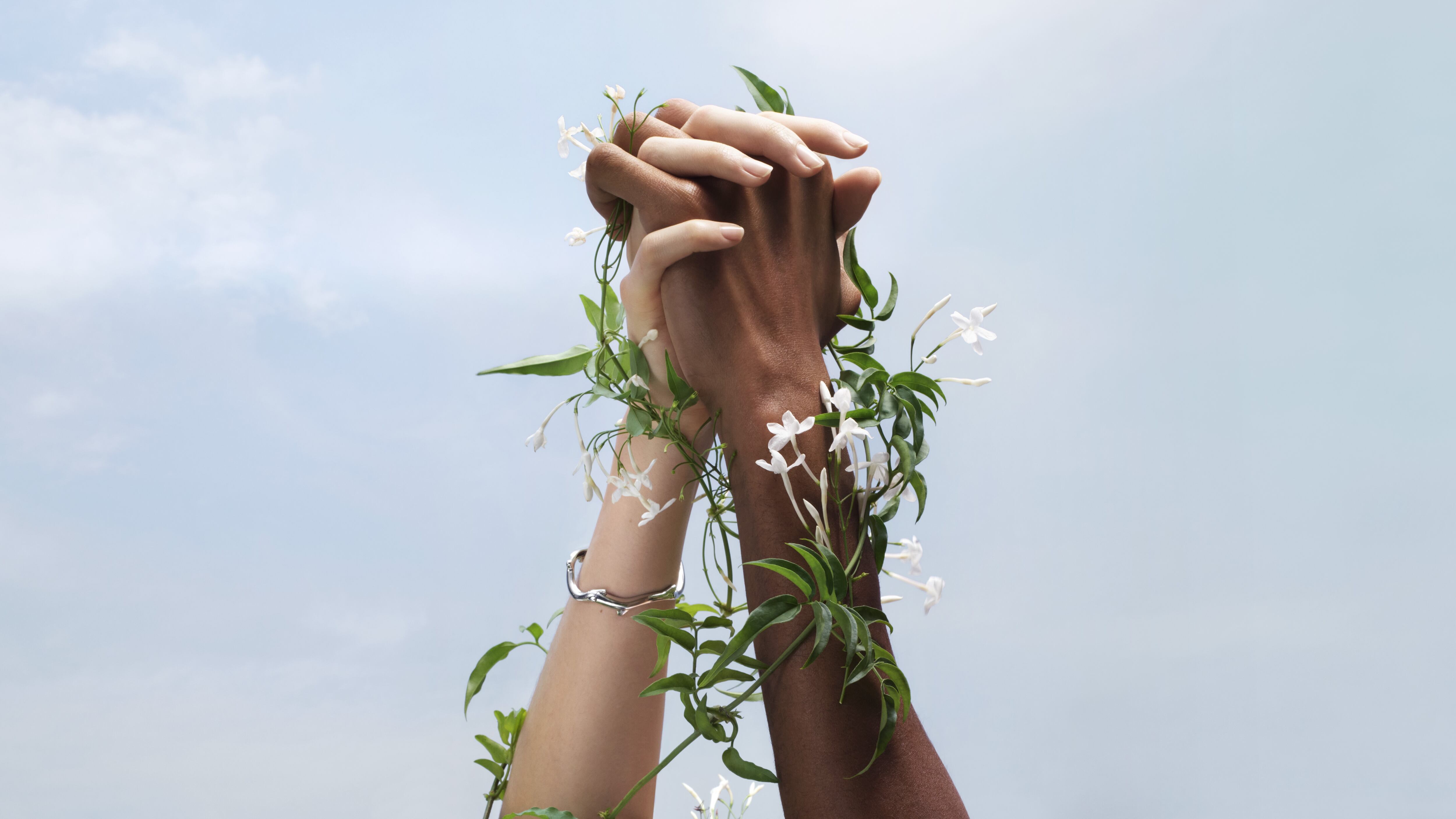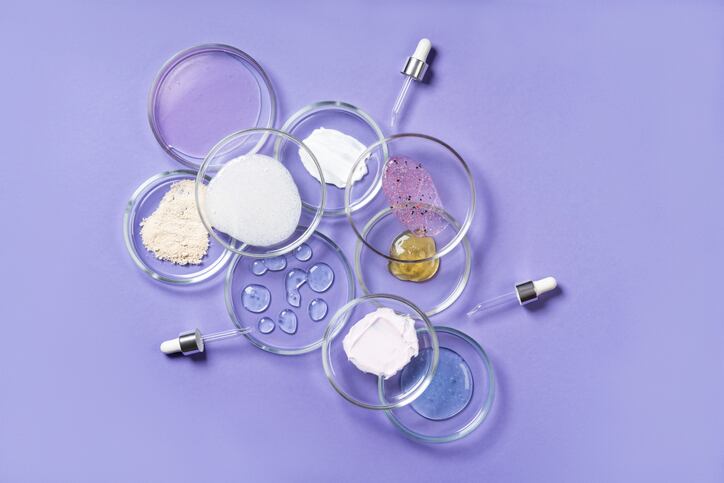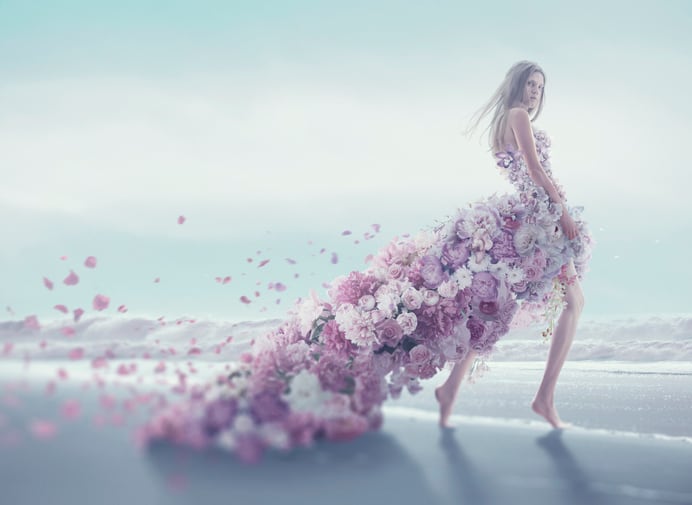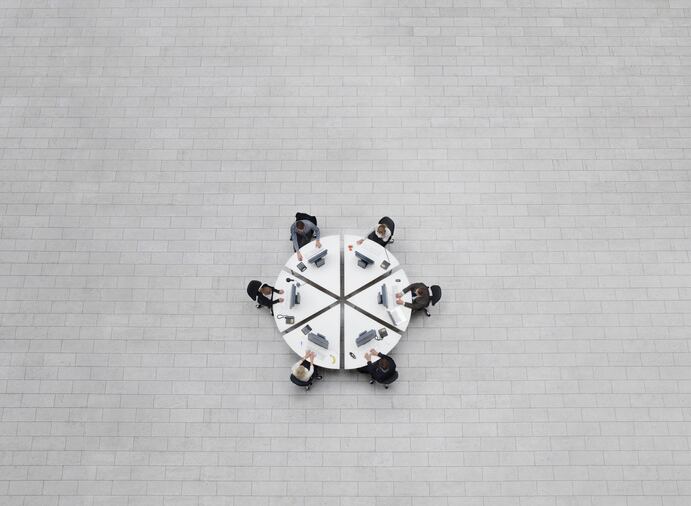In May this year, prestige perfume and cosmetics house Parfums Christian Dior unveiled its Beauty as a Legacy 2030 sustainability roadmap outlining a range of goals designed to mitigate the company’s impact on planet and communities – part of parent firm LVMH’s wider action plan launched last year.
Parfums Christian Dior had divided its sustainability agenda into five pillars: regenerative cultivation; cultural responsibility; responsible beauty; eco-design; and climate. And amongst the raft of measures within the strategy were goals to ensure all gardens and partner gardens used organic and/or regenerative agriculture practices; the aim to keep more than 50% of women in key positions and build on this; ensure 80% of its products contained more than 90% ingredients of natural origin; phase-out virgin fossil plastics in favour of fully recyclable or refillable packaging; along with reducing its carbon footprint across Scope 1, 2 and 3 by 46% compared to 2019.
“The science is very clear; businesses need to step up, need to accelerate the pace of change,” said Isabelle Sultan, chief sustainability officer at Parfums Christian Dior.
“Just reading the latest IPCC [United Nations Intergovernmental Panel on Climate Change] reports, we all know it’s a warning – it’s now or never. The cost of inaction will be much higher than the cost of action and we really need to collectively address the biodiversity and climate emergencies,” Sultan told CosmeticsDesign-Europe.
Parfums Christian Dior’s 2030 strategy was merely just the “short-term” agenda to achieve this, she said, because of the urgency for “immediate action”. But it had been developed with “long-term investments in mind”, she said. The goal to almost half the company’s full scope of carbon emissions by 2030, for example, was not a net-zero trajectory at this stage, she said, but instead critically focused on reduction.
The power of flowers – ‘it’s part of our DNA’
A significant part of Parfums Christian Dior’s short- and long-term sustainability vision centred around its work with flowers, Sultan said, used both for fragrances and active ingredients throughout its portfolio.
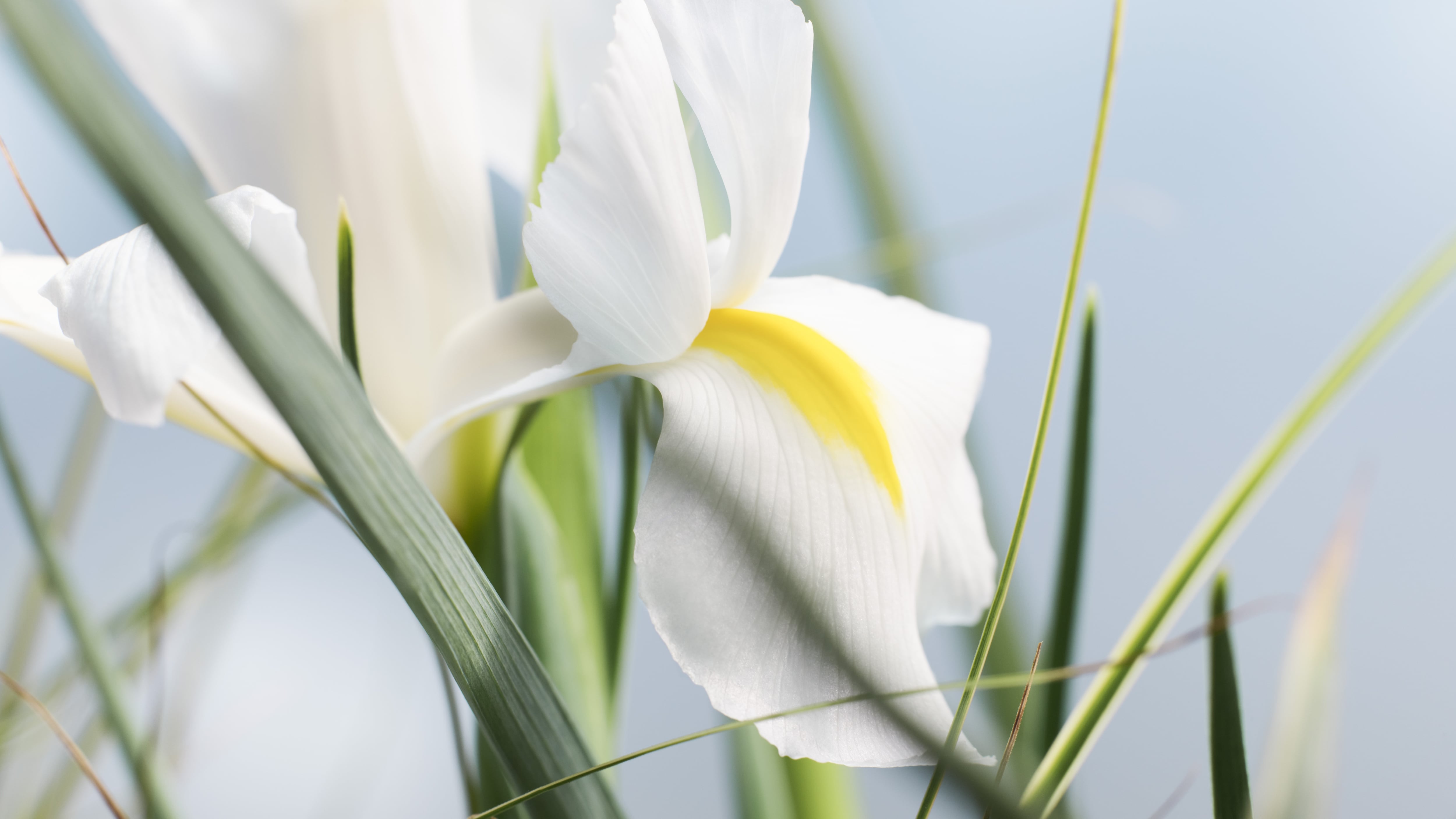
And this year the company had therefore kickstarted a biodiversity impact assessment to better understand regeneration opportunities throughout its supply chain. It had also partnered with Paris-based agricultural campus HECTAR to launch an education program focused on regenerative flower farming, starting next year.
“We are speaking about flowers because it’s part of our DNA. Monsieur Dior grew up in a garden, he was a passionate gardener and his deep love for flowers was very visible and at the heart of his work since 1947. It remains a legacy which drives our house today,” she said.
“…Wild flowers are often perceived only as delicate or ornamental, but they are vital to ecosystems and very powerful drivers for biodiversity because they are the origin of fruits and grains, because they are flowering plants. They capture CO2 back into the soil, they play a key role in the water cycle, and they provide livelihood to growers and farmers. So, that’s what we need to have in mind; to look at them as powerful drivers.”
And these flowering plants, or flowers, Sultan said, were facing distinction “far quicker” than insects, birds or mammals. “I think that very few people have in mind that everything is linked and that it’s also these flowers and flowering plants that we need to invest in, to both preserve them and reintroduce them into ecosystems to drive positive impact.”
To do so, she said collaboration would be “absolutely critical” – within industry but also with external partners, at grower level and throughout the wider supply chain.
“My wish is that, together, we are able to rethink and redefine the codes of what success looks like, what beauty is, and to stand for enhanced harmony.”
Sustainability is a ‘no-brainer’ for any business
Sultan said expectations around conducting sustainable business had fast evolved in recent years, including for beauty, and was now simply a “no-brainer for any business in any industry”. Sustainability today, she said, had to be placed at the core of every business strategy.
And this pressure was equally relevant to every part of the beauty category – both mass and prestige. “I think we really should acknowledge the importance of all industries, and both mass and prestige beauty coming together to create a more sustainable beauty industry overall.”
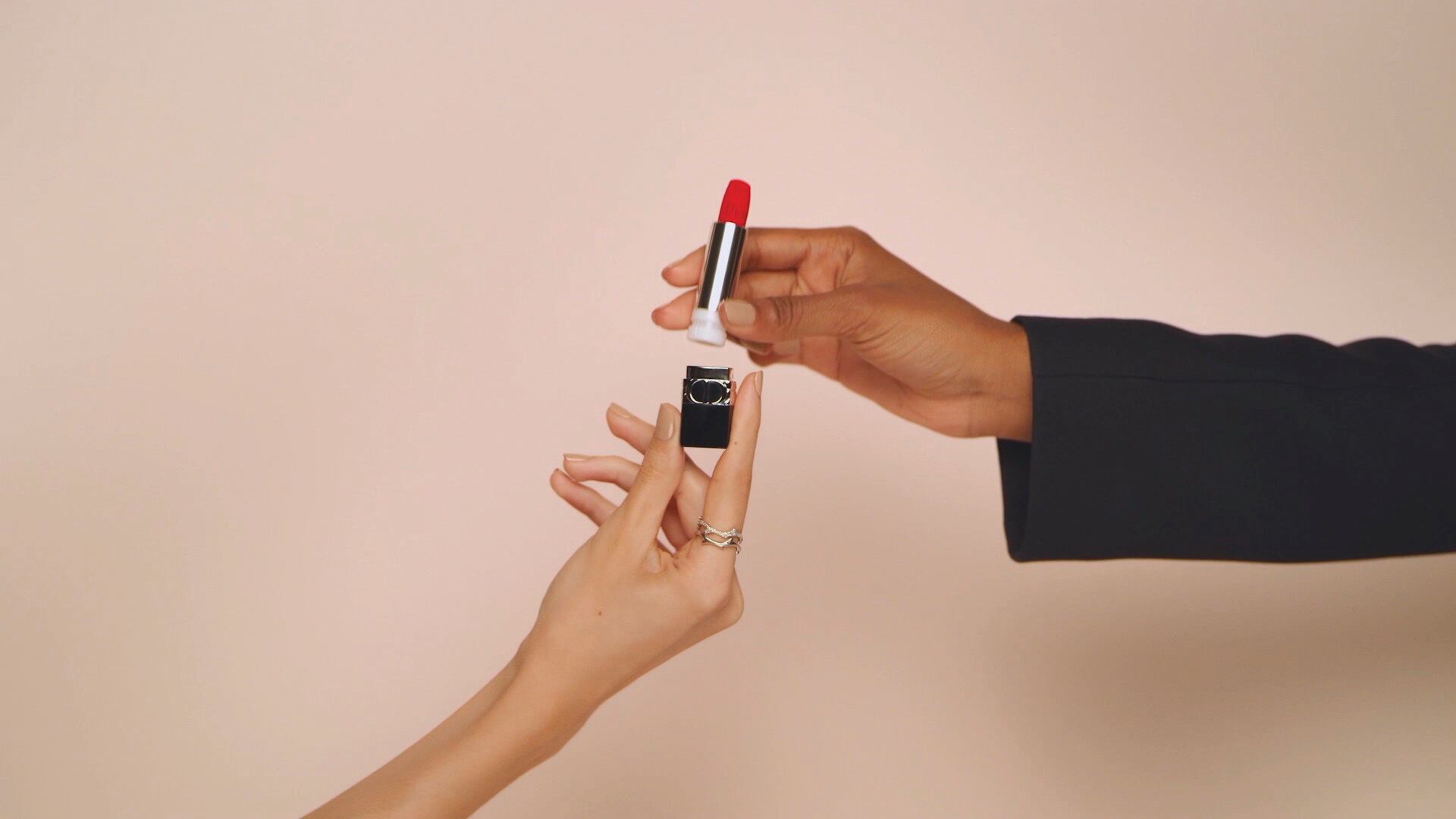
What a brand like Parfums Christian Dior could contribute, she said, was influence, because it was such a well-known and loved brand. “Of course, as a premium, luxury business, our customers expect the highest quality ingredients and products, and this inherently aligns with the use of sustainable ingredients and aligns with our impact on planet and society.”
But there remained challenges up ahead, Sultan said, the biggest being the “urgency and speed” required.
Industry, collectively and individually as businesses, had to not only mobilise quickly to collaborate and trigger wider action, it also had to speed up its capabilities in measuring environmental impacts at every stage of the supply chain, she said.
“We really believe we have a role to play in beating today’s global challenges and basically accelerating our sustainability agenda. And that is exactly the purpose of our Beauty as a Legacy strategy: outlining our roadmap to create more sustainable ways of operating through our value chain within the coming decade,” Sultan said.

